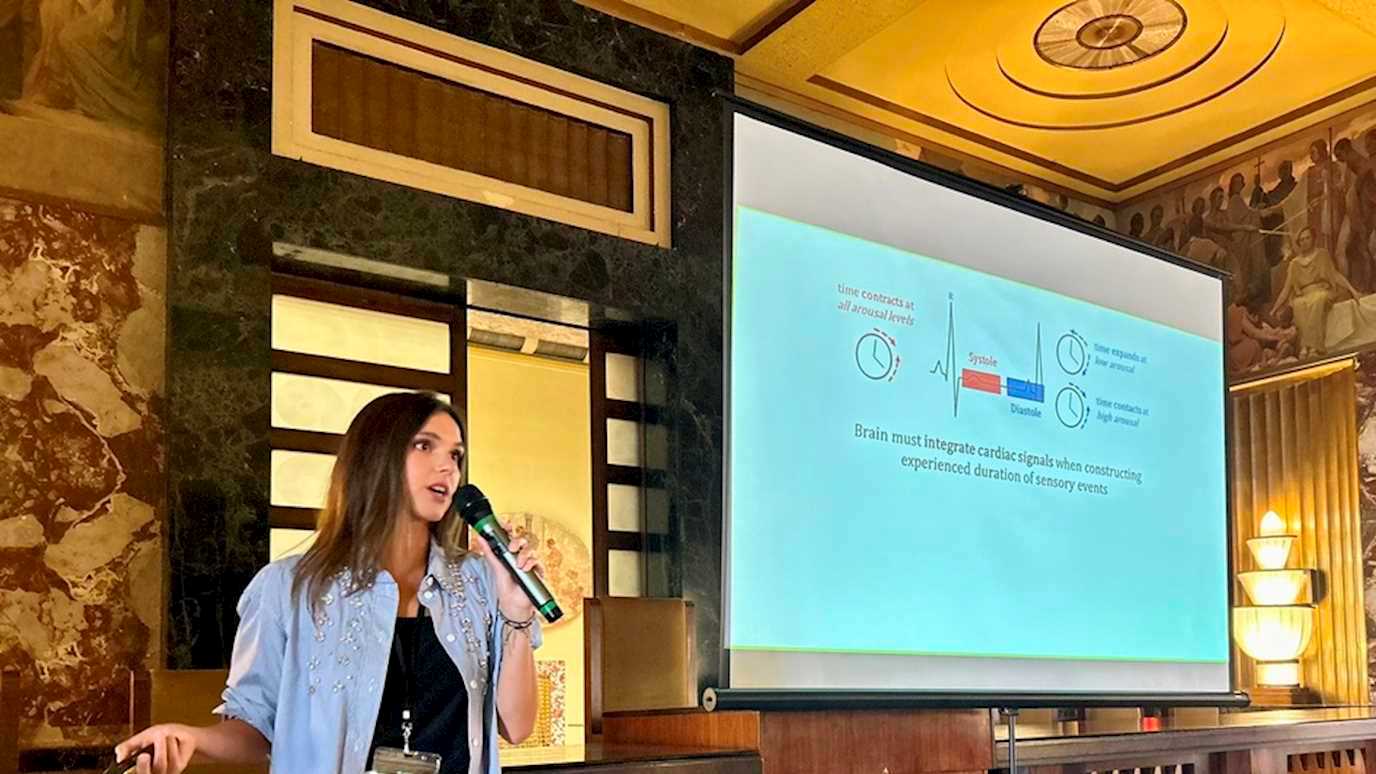Several members of staff in the psychology department are tackling the challenge of understanding better the behavioural science around COVID-19. Here are examples of some of the research projects we are involved with right now.

In a series of online studies, Professor Hanna Zagefka looked at people's perceptions of what caused the coronavirus crisis. Results revealed that British nationals blame mismanagement by the Chinese government and the British government, but they do not blame the governments of other European countries. Blaming the Chinese government reduced willingness to help coronavirus sufferers in developing countries, presumably because people feel less responsible for addressing problems caused by third parties.
With her collaborators in the University of Western Australia, Professor Anat Bardi is currently collecting data in Australia, going back to participants who already took part in their study, and looking at whether the participants’ values have changed since Professor Bardi’s team last administered questionnaires to them (Autumn 2019), alongside looking at their personality, COVID-19 stress, their saving behaviour and other issues.
Professor Ryan McKay is involved with three COVID-19 related projects. With Professor Laura Mickes at Bristol University, he is investigating whether embedding public health messaging in virtual Zoom backgrounds can increase compliance with WHO guidelines (e.g., on face-touching). With RHUL colleagues Dr Elisa Ferre, Dr Josh Balsyers, and Iqra Arshad he is using lockdown isolation as an (imperfect) model of space-travel isolation, to study how isolation affects decision-making (including social decision-making). Finally, Professor McKay is part of a consortium tracking the psychological impact of the pandemic on the British population (see: https://psyarxiv.com/wxe2n and https://psyarxiv.com/typqv/).
The Lab of Action & Body (LAB) led by Professor Manos Tsakiris is part of an international consortium that conducts one of the largest international studies on people’s social and moral attitudes during the COVID-19 pandemic. This is a major international collaborative project where we collect numerous measures related to social & moral psychology and examine the relationship with attitudes and behavioral intentions related to COVID-19. The project as a whole will collect data in more than 60 countries (resulting in approximately 35,000 participants) and will be one of the largest, if not the largest database of social psychology data related to pandemic. The measures include beliefs in conspiracy theories, cooperation, risk perception, social belonging, intellectual humility, national identification, collective narcissism, moral identity, political ideology, self-esteem, and cognitive reflection. My team will be contributing to data collection in UK and leading the data collection in Greece
Professor Tsakiris is also conducting a longitudinal study in USA to track people’s feelings in relation to their health and finances during the development of the COVID-19 pandemic and how these feelings are linked to the kind of political leaders they would choose to lead them during the crisis. A similar study is conducted in UK, France, Italy, Spain, Hungary, Poland, Greece and Germany.
Lastly, Professor Tsakiris conducted a study in USA to understand how people’s empathy towards other people was affected during the COVID-19 pandemic with a particular interest on how state-imposed measures in states that went into lockdown or not may mediate the changes in people’s empathic responses.
Dr Samuel Fairlamb conducted research that was looking at existential concerns in the COVID-19 pandemic. Specifically, this research looked at how thinking or reading about the coronavirus may influence desire for closeness and adherence to social distancing measures.
Dr Federica Biotti, Dr Jennifer Murphy, Dr Rebecca Brewer and other members of the Insulab team (PhD students Melissa Barker and Lara Carr) have been working on a project investigating the impact of the COVID-19 pandemic on mental health and bodily awareness (‘interoceptive ability’). We know that interoception is not the same for everyone. Some people may show atypical levels of interoception, and this is often associated with other mental health conditions, such as depression, panic disorder, or Eating Disorders. It is important to understand whether changes in people’s levels of stress, for example as a consequence of a national crisis such as the COVID-19 pandemic, will result in changes in interoceptive ability. The results of this research will significantly contribute to our understanding of the mechanisms of interoception and shed a light on the effects of the COVID-19 pandemic on the general population’s mental health and wellbeing. More importantly, if interoceptive atypicalities are linked to increased mental health difficulties during the pandemic, this could be a target for interventions in the wake of the pandemic. More information can be found at: https://www.insulab.uk/the-covid-survey
Professor Amina Memon together with collaborators at the University of Münster and Mainz, Germany has just completed a study looking at conspiracy theories relating to the Corona virus pandemic in post-Brexit Britain (N = 498 UK citizens). The team examined the associations between traits and conspiracy beliefs and prejudice against social groups perceived as powerful (e.g. Jews, Chinese people). Testing pre-registered hypotheses, preliminary findings indicate agreement with specific conspiracy theories even where they contradict each other. People on political extremes showed higher conspiracy theory agreement than people in the middle. A belief in a just world moderates this relationship. The team are presently writing a paper in which they discuss the potential of this research to advance conspiracy mindset theory and its application in advising the media, the government, and others tasked with countering disinformation driven by conspiracy mindsets.























